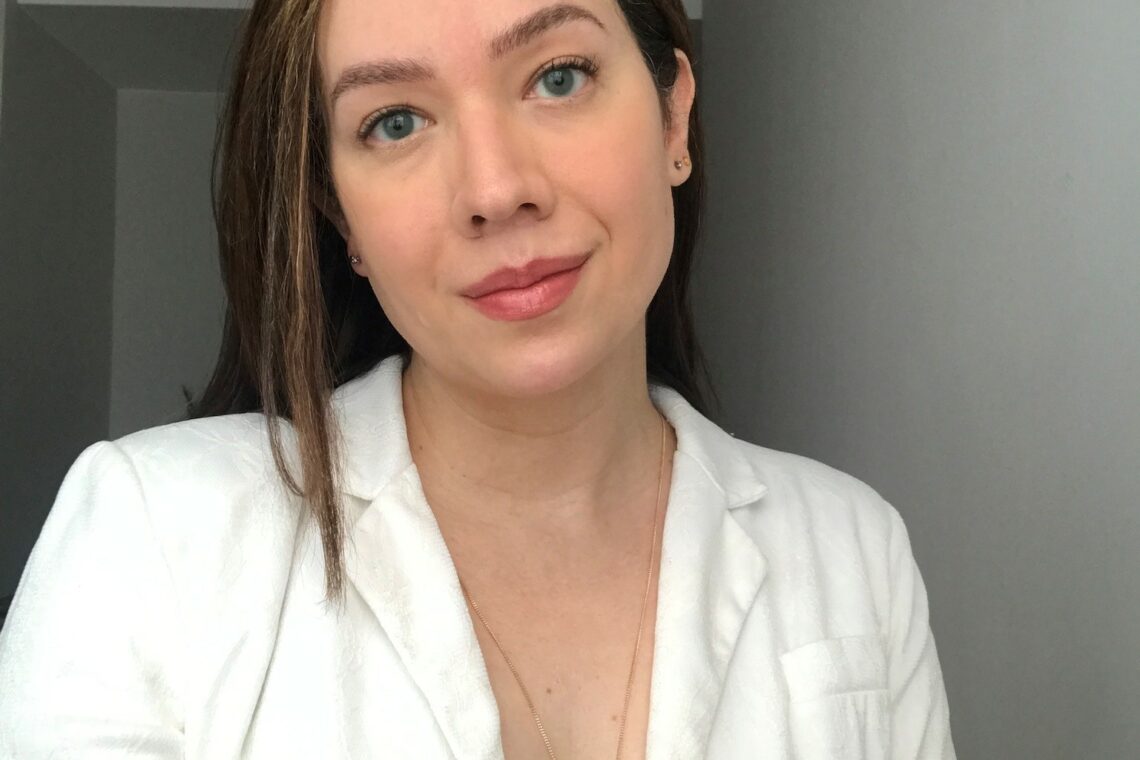Who’s afraid of pronunciation?
Going to university to study languages was a transformative experience for me and was instrumental in making me the professional I am today.
I have even written here on RichmondShare (click here) about the possible dilemma many are faced with when trying to decide whether to take a Letras course or a CELTA.
One of the highlights of my Letras degree was studying phonology. I had the pleasure of being taught by Aurora Neiva, a very important professional in the field of Phonology. At the time, I had two jobs and, unfortunately, could not dedicate as much time as I wanted and needed to my studies, but somehow, I managed to obtain good results. It is a shame that when I finally had the time, after graduating, Aurora was not teaching the course anymore, so I could not have the pleasure of being taught by this fantastic professor again.
Prior to my attending Aurora’s classes, I used to feel my pronunciation was a bit inadequate. I knew I was a good user of the language, I was taking a CPE preparation course, but I felt something was missing. And it was: knowledge.
During our first lessons, one of Aurora’s students, who (as far as I remember) was doing research for her master’s, interviewed us to investigate our attitudes towards pronunciation. One of the questions was whether it was possible to sound like a native speaker and I remember saying ‘yes, of course’. If only I had known then how much my views would change…
12 years later, I no longer fake a British accent the way I used to when I was attending university, nor do I think that it is important to sound like a native speaker. I do not feel there is anything wrong with my pronunciation either. Studying phonology gave me a deeper understanding of not only phonological processes and how sounds are articulated, but also made me feel more confident teaching pronunciation. At the time, we did not have as many discussions about global Englishes as we do nowadays, but I remember that at the end of that particular semester, I felt empowered by all the knowledge I had gained, and my accent was no longer an issue. I hope every teacher gets this chance to reconsider prevalent notions and reassess preconceptions.
I believe we teachers are sometimes resistant to work with pronunciation in class due to various reasons. Firstly, just like I used to, many do not feel equipped to do so, perhaps because they are not confident about their own pronunciation. Another factor that is worth discussing is training. There are few courses devoted to pronunciation, compared to how many that focus on other areas of teacher development. I have the impression that many pronunciation courses for teachers focus on pronunciation itself and not on teaching pronunciation. Pronunciation is often dealt with in coursebooks as a follow-up activity, after work on listening. My experience shows me that regrettably, many teachers skip that part.
I would like to know what you think and if you agree with my perceptions. If you are interested in learning more about pronunciation, BrELT is having an entire week dedicated to that, click here to know more about it.



